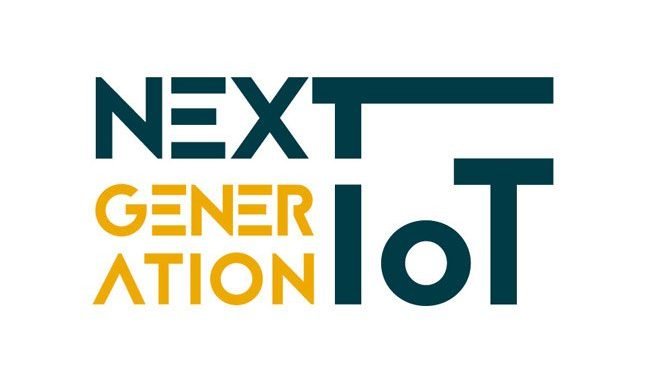On 7 July 2022, EU-IoT and OntoCommons organised a workshop on ontological interoperability and standardisation recommendations. The workshop brought together multiple experts and different relevant European and international entities that are developing efforts towards an increased efficiency of ontologies.
The topic of semantic interoperability and the role of ontologies in increasing interoperability are key pillars in the context of open and flexible IoT systems. In this context, the two CSAs EU–IoT and OntoCommons workshop provided a forum for open discussion on steps to take towards overcoming interoperability challenges, a key problem in IoT.
The workshop provided participants with an overview of challenges concerning the use and application of ontologies by different relevant entities across Europe and the USA (NIST). It also provided relevant input in terms of open initiatives, such as the Industry space by OntoCommons, or the AIOTI Ontological landscape, and open standards, such as ETSI SAREF, i.e., tools that should be considered in the development of further steps towards semantic interoperability.
The information provided by participants in the interactive sessions and via the questions and answers held in the informative session I and panel session corroborate that there are three main challenges to be addressed:
- fragmentation and vendor lock;
- cross–domain interoperability;
- lack of open tooling and application examples.
- To prevent fragmentation, experts alerted to the need to ensure that information models are not dependent on specific protocols or vendor–based information, but the encoding of data may always exhibit some dependency which needs to be considered in open standards.
- To assist cross–domain interoperability, experts consider that the use of open–source and open ontologies is essential. However, it is also relevant to consider a universal language and a universal approach to mapping across different ontologies. The examples of IOF–core for industry and COBE for the biomedical domains have been suggested as good examples to derive further modelling; SAREF and its extensions to different domains are also a relevant starting point to achieve a global approach for cross–domain mapping.
- Open–source, open ontologies and tooling that can provide examples of applications have been considered essential to reach interoperability. Examples that can assist a harmonization of ontologies both intra and inter–domain.
Read the post-event report
Watch the recording of the workshop:




